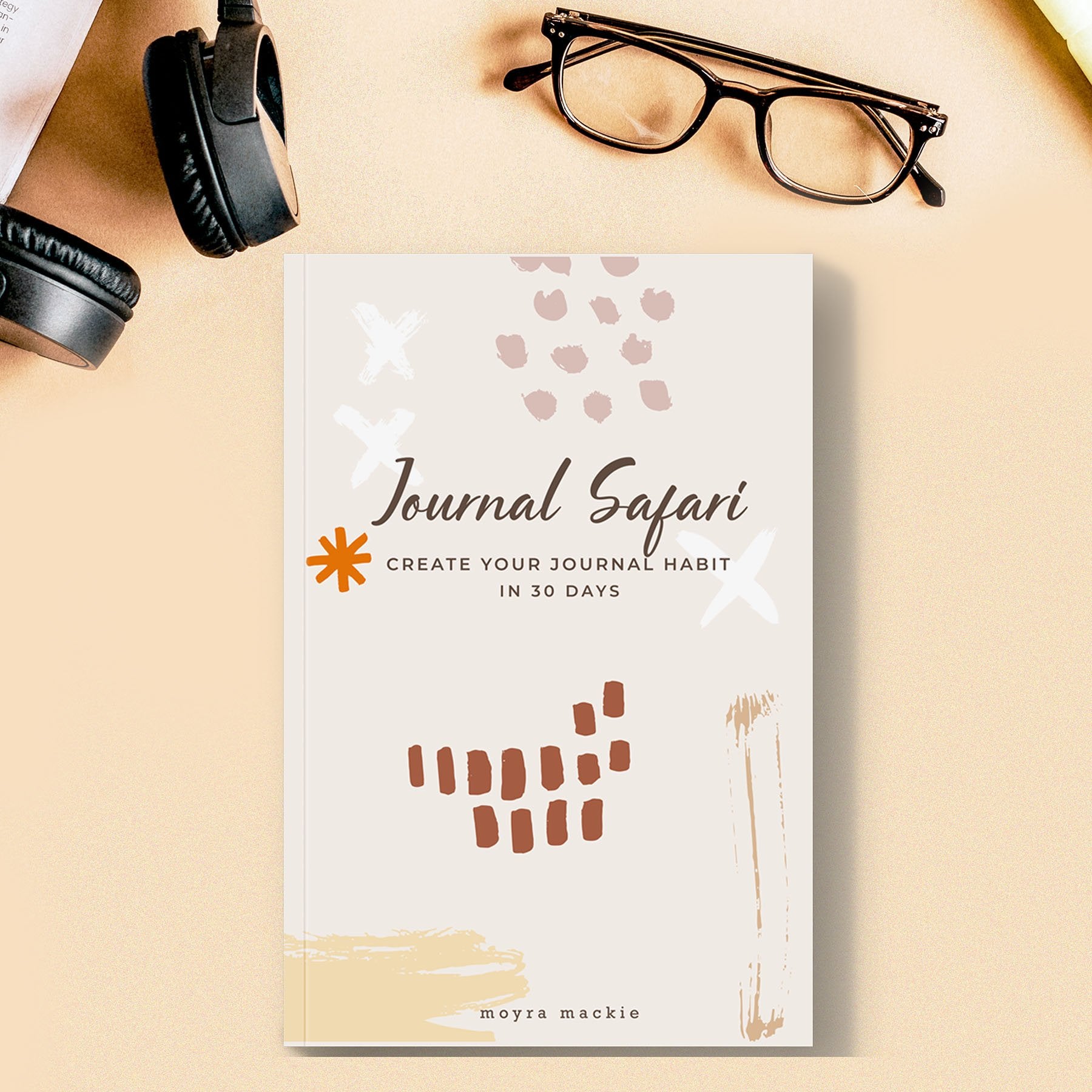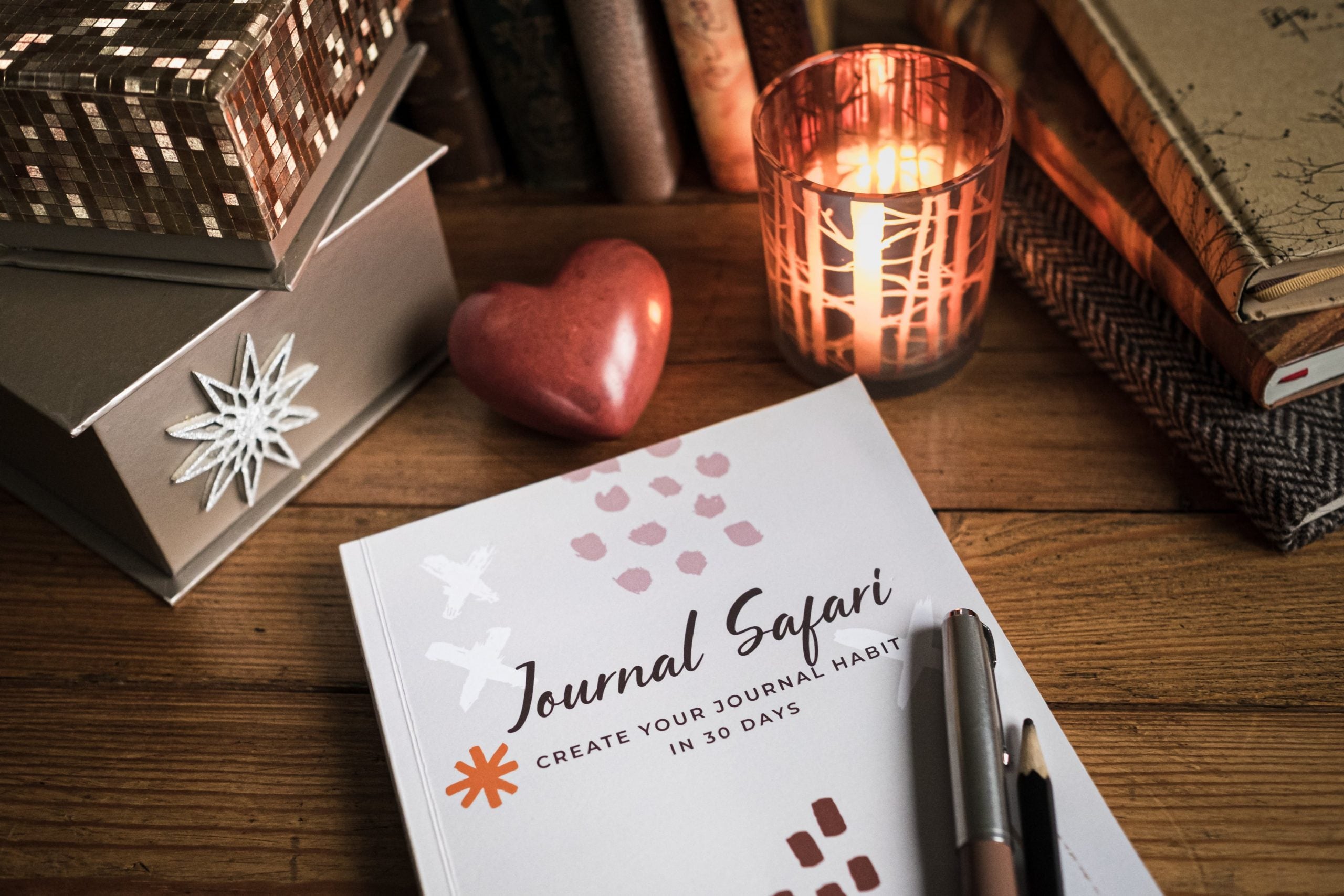Did you know there's solid research showing that keeping a journal can help us let go of tough emotions, reduce overthinking, and leave us feeling calmer and less stressed? It's true! Here’s how developing a journaling habit can benefit you:
- Emotional Regulation: Journaling helps your brain manage emotions better, which means less shouting at the kids, your partner, or even the TV!
- Emotional Outlet: It provides a healthy way to express all your feelings—anger, fear, jealousy, and envy are normal! Bottling them up or unleashing them on others isn’t the answer.
- Coping with Change: Writing can boost your ability to handle change and adversity. And let’s be honest, we could all use that right now!
- Self-Identity and Confidence: Journaling strengthens your sense of self and boosts self-esteem, which is especially important for those currently not working and feeling tied to their job identity.
- Self-Awareness and Emotional Intelligence: It helps build self-awareness and emotional intelligence, making you more adaptable in today’s world.
I always encourage my executive coaching clients to keep a journal. Coaching is all about change—reflecting, unlearning old habits, and trying new approaches. Journaling plays a vital role in this process by helping us navigate the emotions and thoughts that come with change.

As I write this, I realise that coaching is a creative process. It’s about generating new insights and opening up possibilities. In fact, sitting down to write has sparked new ideas for me!
However, I must be honest: many of my clients struggle with keeping a journal. For some, it feels a bit “out there,” and for others, it’s tough to get started. Facing a blank page can be daunting, especially when life feels busy and stressful.
Common Myths About Journaling
Let’s clear up a few misconceptions:
Myth #1: Writing a diary and a journal are the same thing.
Not quite! A diary usually records daily events or plans—what I call “out-there stuff.” In contrast, journaling focuses on “in-here stuff”—your thoughts, feelings, reactions, hopes, and dreams. There can be some overlap, but journaling is more about freeing your mind.
Myth #2: You need neat handwriting and good grammar to write a journal.
Not at all! Journaling can include doodles, sketches, or mind maps. It’s not about perfect grammar; it’s about expressing yourself freely. You might be surprised at how much you have to say once you give yourself permission to write without restrictions.
What Holds Us Back from Journaling?
Many of us hesitate to write because of how we learned to do it. Unlike speaking, which develops through experimentation and encouragement, writing comes with rules and supervision. We’re often critiqued before we even get comfortable with it.
As adults, facing a blank page can trigger our Inner Critic and Inner Editor, telling us we aren’t good enough or smart enough to fill that page with meaningful words.
Embrace Your Creativity Through Journaling
Journaling is both a creative act and a pathway to more creativity! There are no strict rules when you write in your journal. You could start by asking yourself, “How am I feeling right now?”
Taking just a few minutes to answer this question through writing or drawing helps you untangle your thoughts and feelings. This process creates mental and emotional space, making it an ideal starting point for creativity. You’ll find that clearing out those thoughts allows your brain to consider new ideas while giving you the emotional room to take risks.
In this curious and creative space, you’ll also notice reduced stress—it's nearly impossible to feel anxious while being curious!
So why not give journaling a try? It might just be the perfect tool to help you navigate life’s challenges while boosting your creativity!






